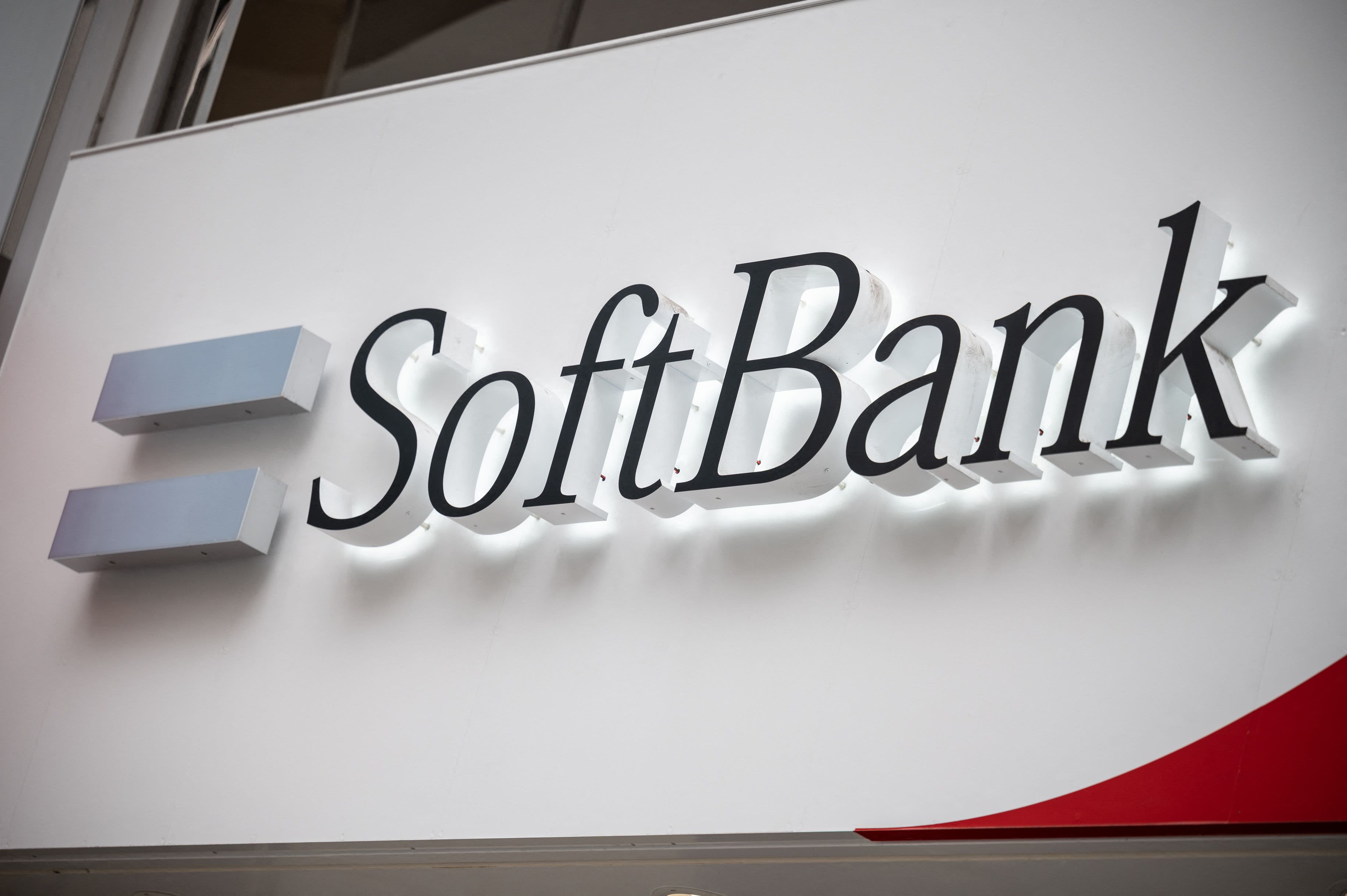The US Banking Debacle Has Led To Financial ‘Winter’, Mutual Funds Portfolios Hit Hard, Stock Markets On The Boil But India Scrapes Through With Little Impact
The collapse of Silicon Valley Bank, followed by Signature Bank in the US, has led to a ripple effect throughout the world, with stock markets spooked and mutual funds portfolios hit hard, raising concerns that other banks could be facing similar problems. However, as worldwide concerns rise, India, on the other hand, has escaped much of the global woes.

The SVB and Signature Bank meltdown has sent shockwaves across the global financial markets.
The rippling effect has led global stock markets to bleed and has also heavily impacted the mutual fund portfolios of major financial giants such as Morgan Stanley, Fidelity and BlackRock.
The reason for the same is attributed to the fact that while some had positions large enough to cause significant damage, any further selloffs in regional bank shares in the coming days could increase the pressure.

Meanwhile, the KBW regional banking index is down 15.1% for the year, following the S&P 500, which is up about 1.3%.
Before the SVB collapse, few US investors expected that the rising interest rates would likely lift bank margins. This led the investors to put $500 million more into financial stocks last week, marking the third largest inflow among all US sectors.
However, with the collapse of SVB and the closing of the Signature Bank, shareholders of both lenders were wiped out, although the US authorities took immediate steps to help out customers.
![]()
Break Up
The SVB had 4.1% of assets in the Morgan Stanley Institutional Fund, Inc. Global Concentrated portfolio Class, the second highest percentage among all American mutual funds.
While the Fidelity Disrupted Finance Fund owned 4.2% of its portfolio in Signature Bank, the BlackRock Future Financial and Tech DTF had 3.0% of its assets in Signature Bank and 1.7% in Silicon Valley Bank.
Is A Banking Crises On the Horizon?
The slide in the banking stocks has deepened with the risks associated with the collapse of two US banks.
In a quick act of measure, the US. Federal Reserve and the United States Treasury took steps to stabilize the country’s banking system; however, the concerns across the board still persist.
Japan, South Korea, Hong Kong, China and Indian stocks are all witnessing a sharp response to the SVD fallout. The MSCI world equity index, which tracks shares in 48 countries, and Asian Bourses have shown a steep decline following overnight losses in Wall Street stocks.
On Monday, European stocks recorded their steepest fall this year, and the Dow Jones is hovering around 4% since the collapse.

Japan’s SoftBank Hit Hard
SoftBank has been hit hard by the debacle of the two American banks recording the worst performance in banking stock and hitting its lowest levels since October 2022.
The collapse has led to a raging debate worldwide if the aggressive rate hikes by the Feds have broken the back of the banking system around the world.
While traders have recalibrated the US rate hike path bets, they expect the Feds to slow down the base of the trade hikes after the banking crises.
What Are The Predictions Henceforth
Experts are of the opinion that there may be more mayhem in the banking sector and the financial sector.
Analysts, on the other hand, suggest that the aggressive rate hikes by the Feds and central banks may just be taking off the ground now, and hence the result of the same may be seen in the coming months.
Hence, the logical question is – could more stocks go the SVB way if the Feds continue to raise rates?

Indian Banks Scrape Through
The panic in the market after the collapse of three banks in the US has wiped out $465 billion of market capitalization in just a matter of two days.
But while the global doom persists, there is one bright spot that has emerged to the surprise of everyone.
The Indian banking system has managed to shine through and seems to have tackled the crises way better than its western counterparts and is largely insulated from the financial contagion that has started from America.
So how has the Indian banking system remained immune and largely insulated from this ripple effect witnessed in almost all corners of the globe?
To begin with, Indian banks inherently have a conservative approach to lending. So they are very well secured in terms of the lending ratios.
Apart from this, India also has a very robust regulatory framework which might come as a surprise to many, but in this scenario, it seems, so that has been put in place by the Reserve Bank of India. Even big prominent players in India are monitored carefully by the central bank.
Equally important is the fact that Indian banks do not depend much on western economies for their financial services industries.
Indian bank borrowing from outside India is minimal, and therefore Indian banks are not much affected.
While the European banks are also feeling the binge, West Switzerland’s second-largest bank, Credit Suisse, has been in trouble since 2021 and, after the American Bank collapse, has seen much of its stock tumble nearly 14.3% this week.
Conclusion: The dramatic failure of Silicon Bank has shattered the confidence of the startup industry. Many experts have said that the peak may have plateaued and that the startup winter is almost upon us.
The American startup space, which has grown leaps and bounds in the last decade, will now find it odd to raise capital and getting investment for a new business will not be easy.
However, the important question is – is the crisis over?




